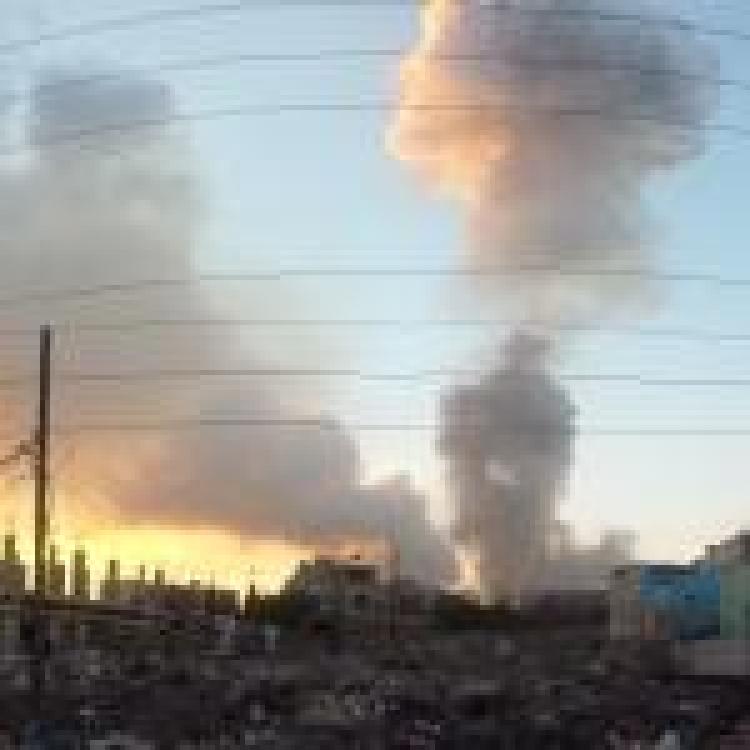The expiry of a six-month ceasefire in Yemen has pushed the country back into conflict.
Charities have criticised the failure to extend the ceasefire beyond Sunday. The truce was first agreed upon in April.
“The end of the truce is terrible news for the people of Yemen. Millions will now be at risk if airstrikes, ground shelling and missile attacks resume,” said Ferran Puig, Oxfam’s country director in Yemen.
“The past six months have brought hope to millions of Yemenis who have seen a 60% decrease in casualties, a significant reduction in violence, more fuel imports and much easier access to essential services and aid. In addition, fewer people have been forced from their homes.” Puig added speaking to the Guardian.
The Norwegian Refugee Council said in a statement on Monday: “We call on the parties to the conflict to reconsider, refrain from pulling the trigger, put aside their differences and extend the arm of diplomacy, as they have done successfully for the last six months. Indeed, the last two months have shown that solutions are within sight when they agree to focus on them, instead of the fighting.”
According to the UN refugee agency, the war between the Saudi-led, pro-government coalition and Houthi rebels has left 73% of Yemen’s population dependent on humanitarian aid and has internally displaced 4.3 million people. There have been more than 13,000 civilian casualties.
In a report on humanitarian needs released on Sunday, the UN highlighted problems in access to water and sanitation, with only a quarter of people it assessed having clean water sources in their homes, and the same amount not having a latrine.
The report also said 40% of children were not going to school and a third of households had to travel more than an hour to reach any kind of health facilities.
Read more at the Guardian

